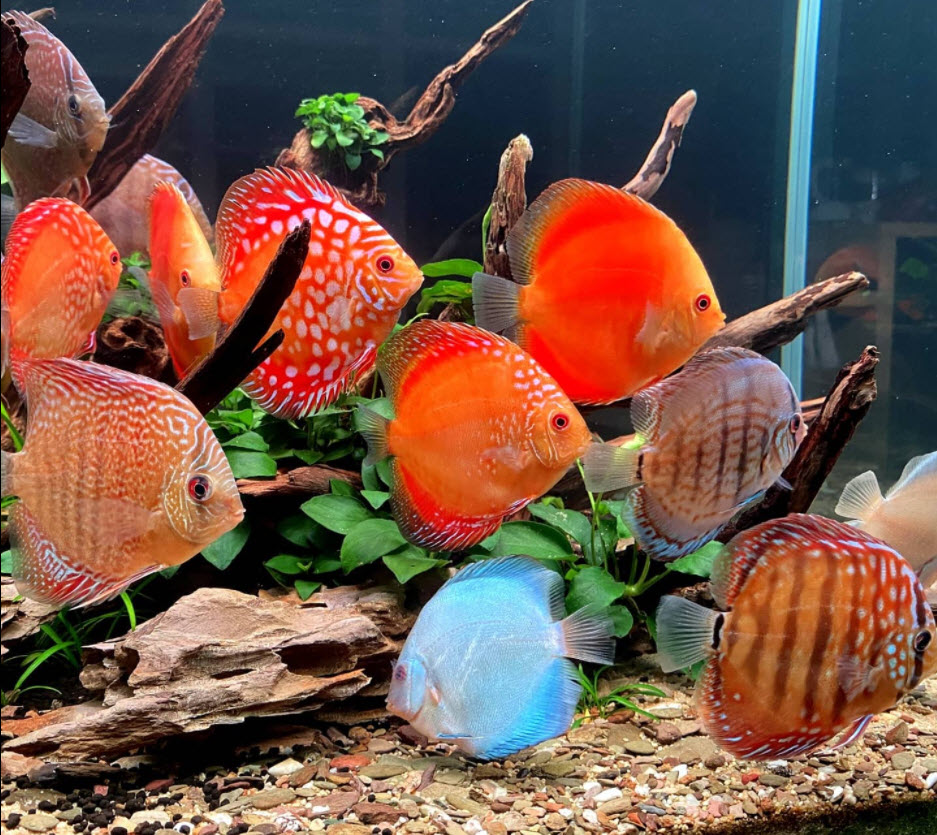
Discus are probably the most beautiful fish in the freshwater aquarium trade. The advantages of discus are:
- Gorgeous fish with many color variations
- Slow moving and “dignified” in their manner
- Long-lived. I have a friend that swears he has a twenty-five year old discus
- One of the few cichlids that do well with plants
- Males and Females are the same coloration
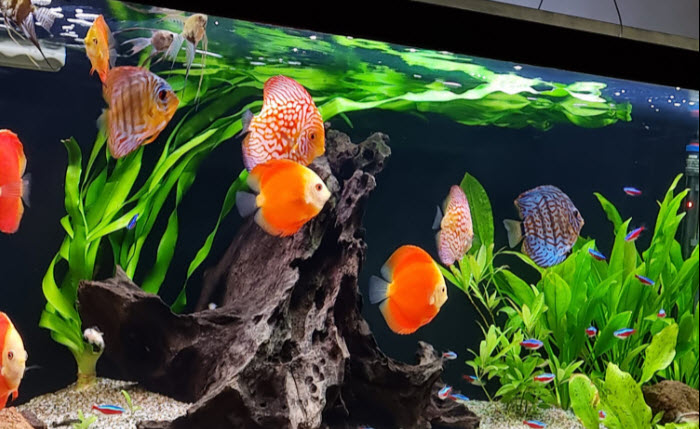
The disadvantages of discus are:
- Not a “beginner fish” but not as difficult as many “experts” say
- Need to be in groups of at least six to do well (breeding pairs need a separate tank)
- Should have an over-filtered, mature aquarium with bacteria free, crystal-clear water
- Expensive, normally over $100 per juvenile fish
- Breeding can be challenging
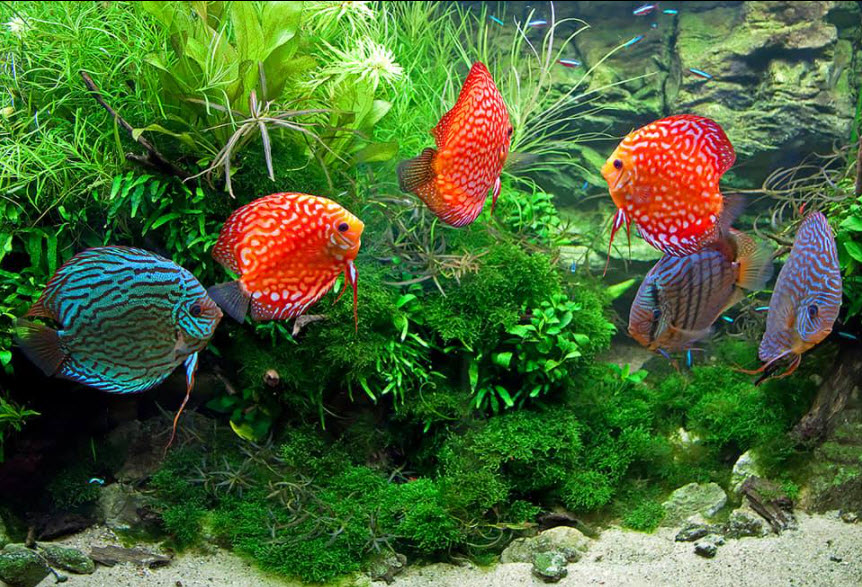
Varieties of Discus
Here is a random montage of different discus varieties:
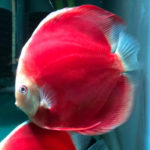
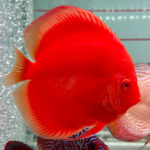
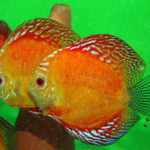
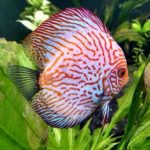
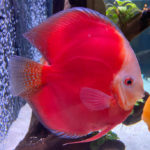
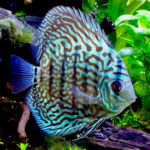
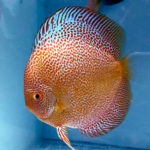
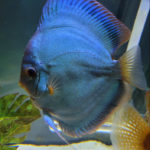
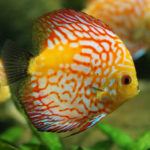
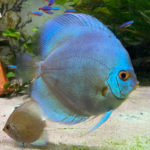
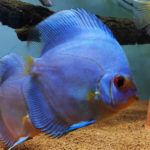
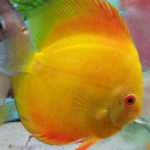
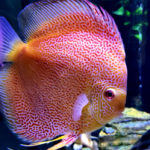
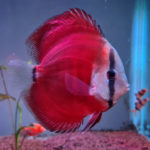
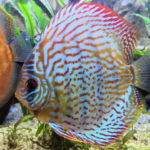
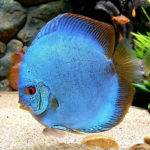
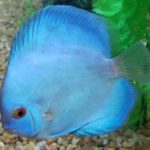
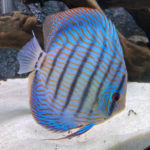
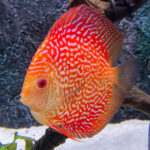
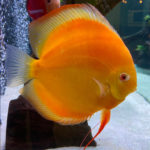
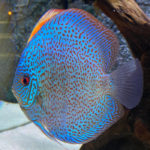
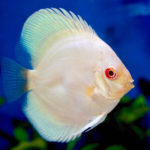

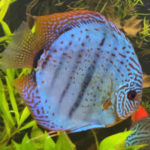
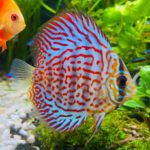
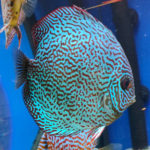
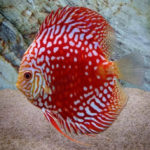
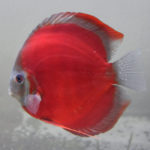
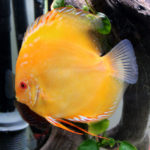
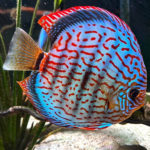
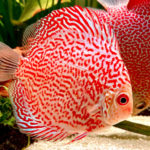
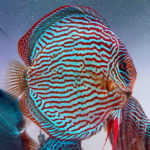
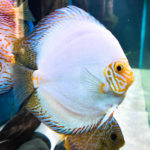
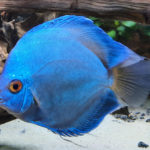
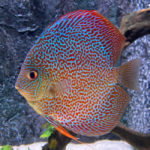
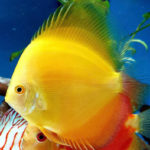
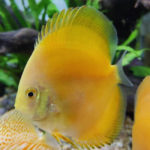
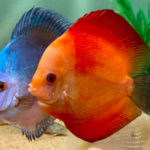
I won’t get into the names that all the breeders in Germany and Southeast Asia have come up with. The photos above should be enough to make any hobbyists have a serious issue with their wallet. What I find absolutely astounding is that all these varieties are descended from wild fish which looked like this:
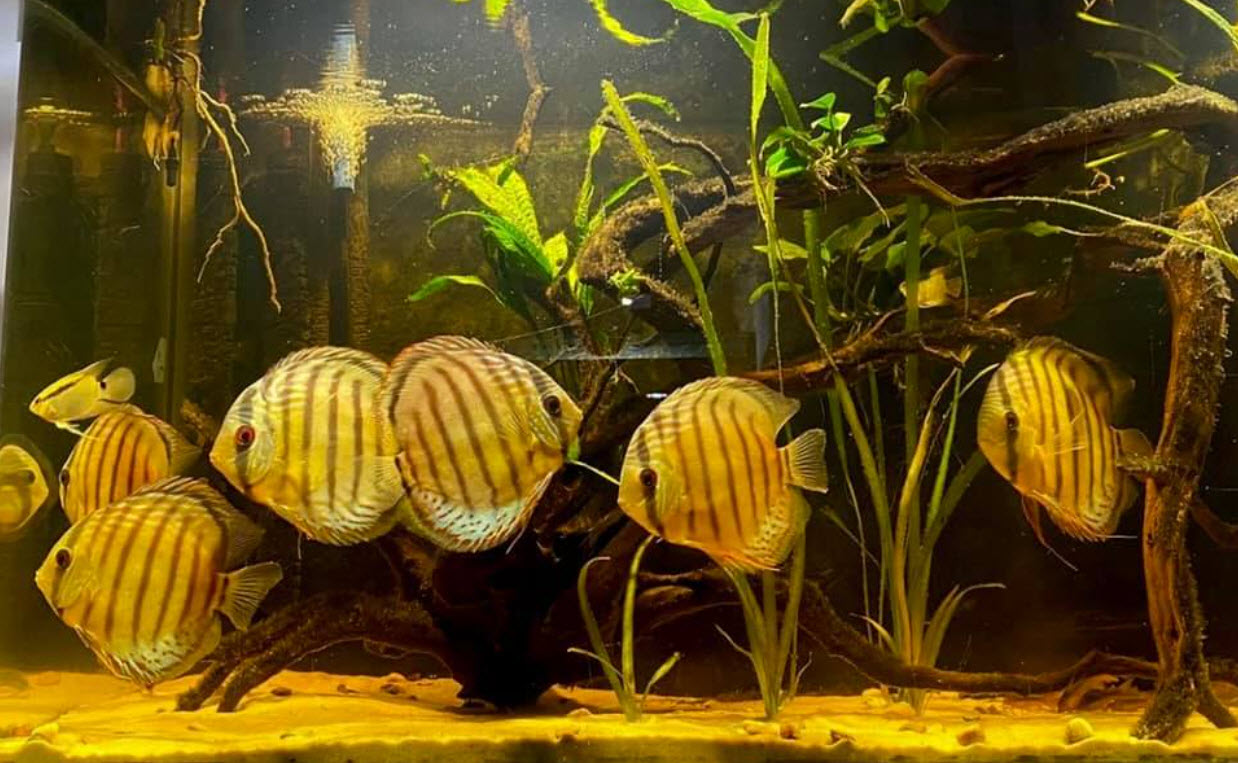
Two Types of Discus Husbandry
There are two distinct types of discus husbandry, the “competitive discus” and the “decorative discus”. In turn there are two good ways to keep discus:
1, The “ultra-clean way”. This is where everything is frequently changed and cleaned. It has bare bottom tanks, large water changes with RO water every day, cleaning the bottom and sides of the aquarium with every day or even more. “Competitive discus” are generally raised this way.
2, The “ultra-filtered way”. This is where each adult discus has at least 100 square feet of well-established, uncleaned, mature filter media surface area. Ammonia and nitrites should be zero, but the nitrates can float up. UV is very beneficial. This is the best way to keep “decorative discus”.
Both methods ensure the water is low in bacteria and very clean. Note that something in between these two methods typically doesn’t work very well. It is one or the other.
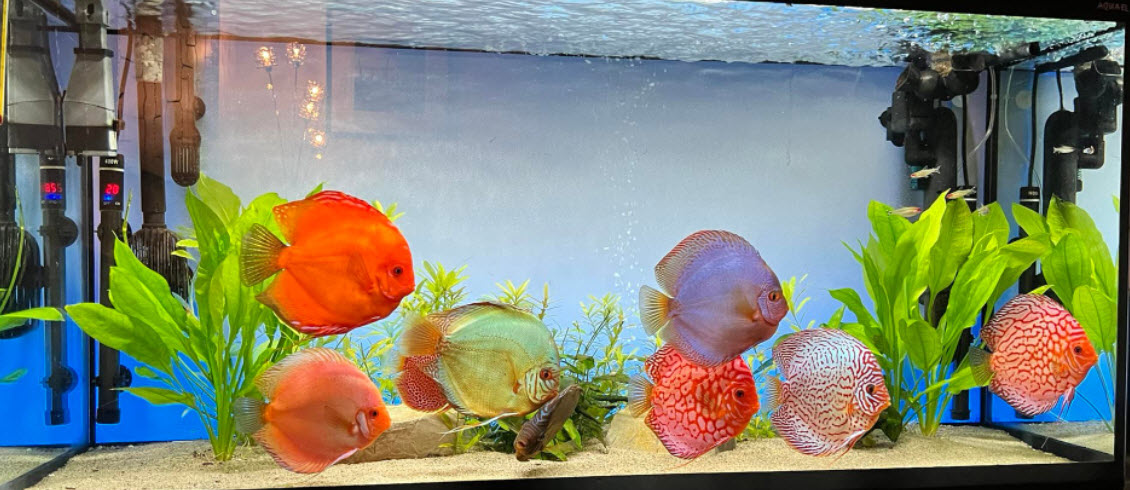
There are some hobbyists who raise discus to win in competitions which are held periodically all over the nation. Most of the breeders of discus are also raising their discus with the goal of winning these competitions. We will call these fish “competitive discus”. Then there are the bulk of the hobbyists who simply want an attractive discus aquarium in their home. We will call these discus “decorative discus”. There is a lot of confusion created by this distinction.
Discus are like many fish in that the ultimate size they reach is determined by how they are raised. The larger the competitive discus, the more likely it is to win awards. Competitive discus are larger and win more competitions if the following “ultra-clean” conditions are met:
- Light filtration with a clean filter
- Bare Bottom tank
- Vacuuming and cleaning at least once a day
- Daily 50% water changes
- 50-70 TDS water (RO water slightly remineralized)
- 820 F. to 900 F (270 to 320 C.) water temperature
- Clean Filter often
- Heavy feeding at least three times a day
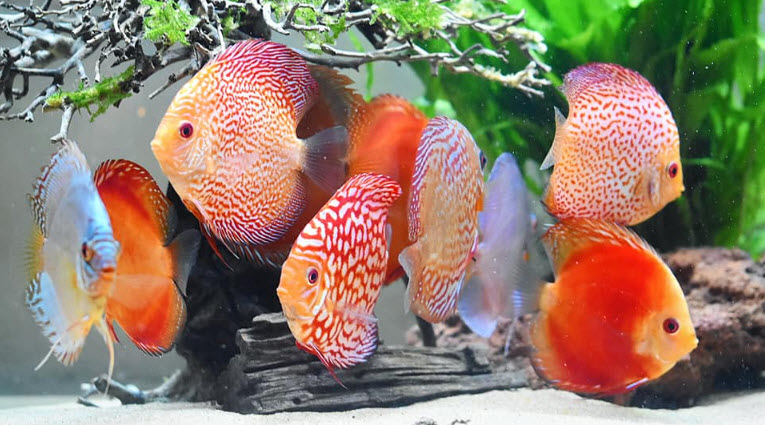
So many well meaning but ill-informed individuals on social media (and YouTube video makers!) recommend high temperatures, bare bottom tanks, and 50% water changes with vacuuming every day as “essential” for ALL discus. This is NOT needed if one is only wanting to grow reasonably sized, healthy, colorful discus in a decorative aquarium.
“Decorative discus” do best with the following:
- VERY heavy filtration with a mature filter
- Gravel in an under-gravel filter
- Vacuuming and cleaning not done
- Monthly 50% water changes
- Tap water
- 760 F. to 900 F (230 to 320 C.) water temperature
- Rarely Clean Filter when it plugs every six months or so
- Light feeding at once a day
The problem with the “competitive” approach is a matter of time. It requires so much attention that everyone ends up slacking off and only doing the vacuuming, cleaning and water changes every week or so. This typically doesn’t work! One will typically have the least problems with discus if one does either an ultraclean competitive approach or an ultrafiltered decorative approach. One or the other.
We will leave the competitive discus picture to the “experts” on YouTube and ONLY talk about decorative discus here-in.
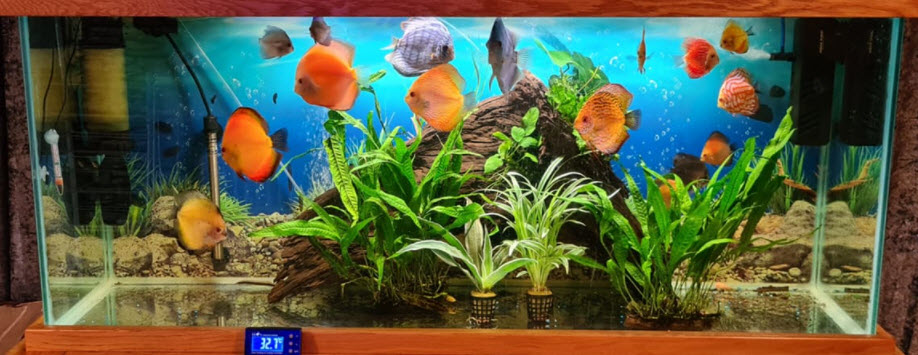
Anecdotal Information
A comment from Ben Zhou in Singapore is pertinent here:
“Being from a region with lots of big commercial discus breeders… I can say that there are quite a few successful COMMERCIAL discus breeders (i.e. huge farms) that do not use the “ultra clean” method. They use methods similar to what this site advocates. What western readers fail to realize is that systems like RO/DI are EXPENSIVE and are rarely used by farms except in very specialized scenarios. One such scenario would be if the farm is experimenting with ways to trigger spawning. There are others of course. But a farm would quickly find itself in trouble if it relied on expensive gadgets for grow out systems. ORNAMENTAL FISH DO NOT FETCH A HIGH PRICE AT FARM LEVEL. A fish that costs $20 at retail in America probably makes the farm LESS THAN $0.50. I wish I could contribute an article on the economics of fish farms so that folks wake up and realize that their fish don’t need all the expensive crap aquarium suppliers are peddling. CLEAR water is the SINGLE indicator that shows an average tropical aquarium has all it needs.”
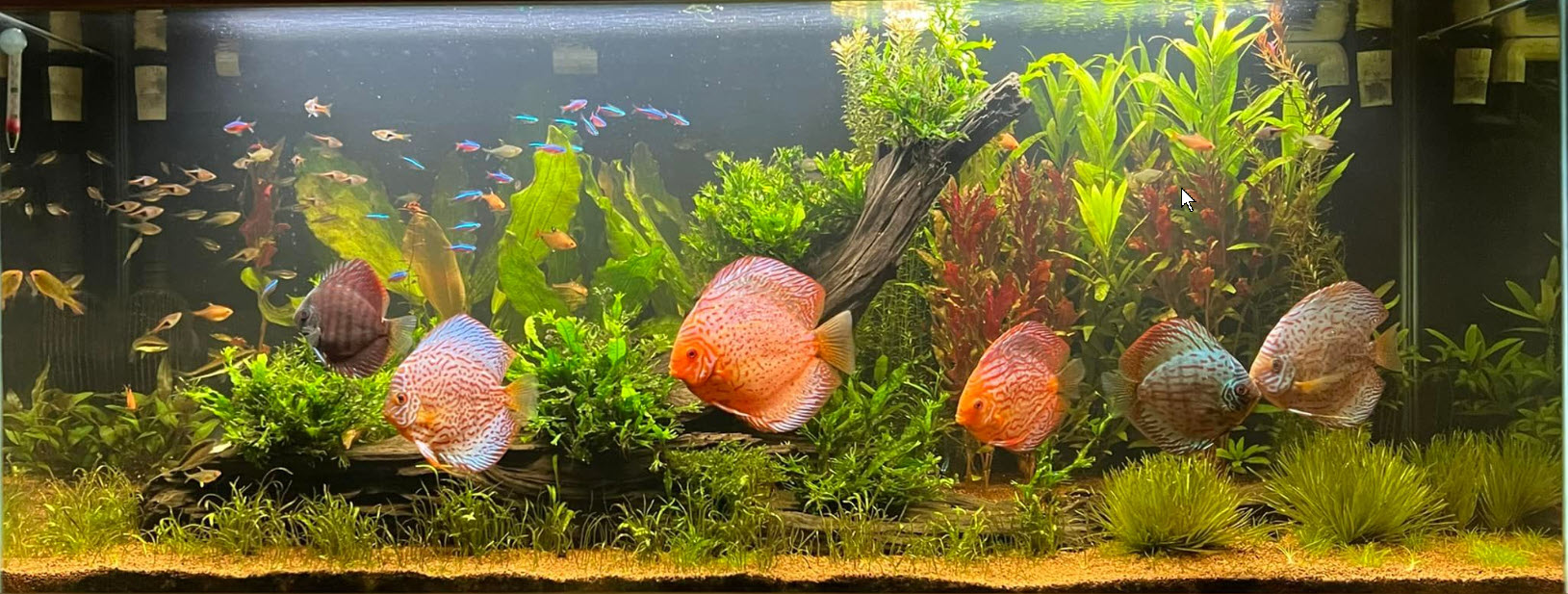
Information on Discus
The following articles will be useful reading if you are contemplating keeping discus:
17.11.1. Discus Husbandry
17.11.2. Filtration for Discus
17.11.3. Water for Discus
17.11.4. Food for Discus
17.11.5. Discus Pheromones
17.11.6. Breeding Discus
17.11.7. Discus Aquarium Photos
.
Return to Fish Selection Menu
.
Aquarium Science Website
The chapters shown below or on the right side in maroon lead to close to 400 articles on all aspects of keeping a freshwater aquarium. These articles have NO links to profit making sites and are thus unbiased in their recommendations, unlike all the for-profit sites you will find with Google. Bookmark and browse!
.
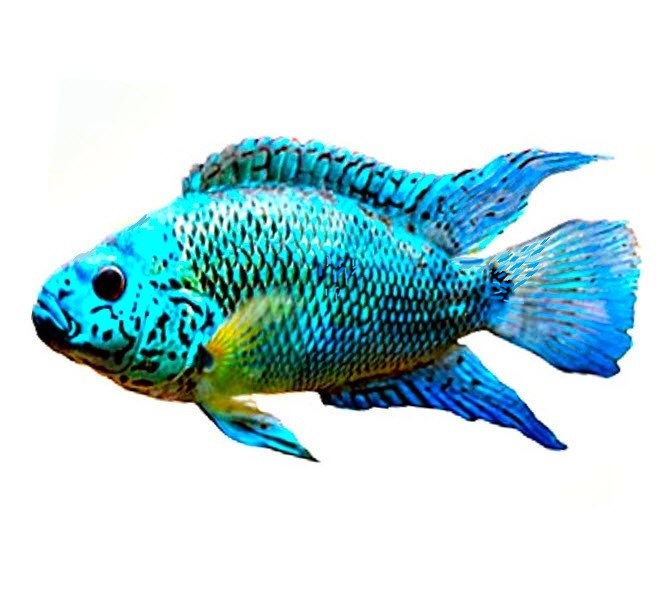
Alan says
Hi Dave, Thanks for all the information.
I been keeping Stendker discus now for almost 10 years but they have stopped the breeding programme, I am struggling to find Stendker offspring, I have asked on a few websites about mixing different breeding strains with my Discus like Chens Discus which have beautiful colourings, but I have been always warned not to mix different breeds with my Stendker, what are your thoughts on this please.
Kevin says
Thanks for confirming @Dave. There’s so much of damn misinformation in this hobby it’s shocking. I’m really glad that your website exists. This website is by far the best source for information on fishkeeping. I have been a reader for a while, and the way I do fishkeeping has completely shifted. I left the anecdotes & fish keepers tales behind and followed the scientific approach to fish keeping you share, and since then, I’ve started getting a lot more luck in keeping fish alive and not believing 99% of the snake oil being peddled in stores and online to ‘fix’ problems by just adding a few mL of this and that each day.
Dave says
In reply to Kevin … No truth to it at all. All discus pathogens are worldwide in distribution.
Kevin says
Hello. Is it true that you cannot mix discus from different parts of the world? Some say that if you mix a discus received from Asia with a Discus received from Europe, there’s a very high chance either one of them may have some bacteria that the other is immune to, and this may wipe out either all your Asian or all your European discus.
Is there any truth to this?
Dave says
In reply to Alex …. 1, Stocking is not dependent on water volume. It is dependent on square footage of biofiltration. With discus preferring above 200 square feet per pound of discus.
2, You are correct. Bacterial count is the name of the game. And the only effective measuring stick I’ve found is water clarity. Discus need crystal clear water in order to do well.
Alex says
Hi Dave,
About the discus aquarium …
*If Im going for the ultrafiltration route, given the post about stocking. Makes sense the rule for 1 adult discus for each 40-50L? If not, is there a better stocking rule for this fish?
*If i’m not wrong, the only really important parameter here (for all blackwater fishes) is the bacterial count. One can go with high pH, kH, hardness as long as the bacterial count is kept low.
How can we estimate the bc as a hobbist? Just checking visually the water? Using a nephelometric sensor? Maybe measuring the amount of KMnO4 needed to oxidice all organic compounds? Placing a UV light and pray?
Dave says
In reply to Jack .. I have zero experience with the Flag Cichlid. Sorry.
Jack says
Hi Dave, thank you for that, went to my local shop and saw they had Flag Cichlid (Festivium) so went with them for the time being, something I haven’t seen in there before. Out of interest, and if you have an answer, how similar are these to discus in terms of water parameters etc? are they a little more forgiving such as angelfish are?
Cheers
Dave says
In reply to Jack …. While it isn’t a requirement, I like to have a “mature” tank with discus. This article goes into it in greater depth https://aquariumscience.org/index.php/2-14-the-mature-aquarium/
Jack says
Hi Dave,
At what stage do you recommend adding discus to a species only tank after set up? I’ve had an aquarium running for around 6 weeks (fluidised bed and Undergravel, around 80°F). Is it better to add something like a pair of angels / group of corydora for another 2-3 months before getting a group of 8-10 juvenile discus?
Dave says
In reply to Nick … You can have seven discus or angelfish with a mature 29 gallon tank. I would make it all discus. They seem to do best with only discus and some rainbow dither fish. But note I guarantee there is at least one 29 gallon tank in China with 8 angelfish, 8 discus, two geo’s etc. The stocking they do in Asia obsoletely drives the PETA folks bonkers. They do it with a ton of filtration and frequent 70 to 90% water changes.
Nick says
Hi Dave,
In 17.4 you mention: South American cichlid aquarium with angelfish, discus, severums, geophagus, and acara
Is this only possible in a large aquarium or can you do this on a very over filtered mature 29 Gallon one?
Would 2 or 3 Discus and 2 or 3 Angel fish and a few smalle ones possible or would it be unrealistic for such a size because Angel and Discus should be in bigger number (6+)?
Dave says
In reply to Tahagata …. I wish cichlids were that simple. IN GENERAL, the rule of six is good for any schooling fish. So you are GENERALLY CORRECT. But cichlids are very individualistic. Sometimes a single fish in a school of ten will be picked on and killed. Sometimes four discus or four angels live together quite peacefully. And a lot depends on female to male ratios. All male cichlid tanks or four females to every male tend to work much better than say one female for every male. Since it is very difficult to sex discus that can be an issue.
Tathagata says
Dave,
I read somewhere that 3, 4 or 5 Cichlids like Angel and Discuss cannot be kept in a tank. That is either it’s a proper school of 6 plus or just a pair. Anything in between and the weaker ones will be cornered and killed until it is left with 2.. 🙁 Your opinion on this pls ?